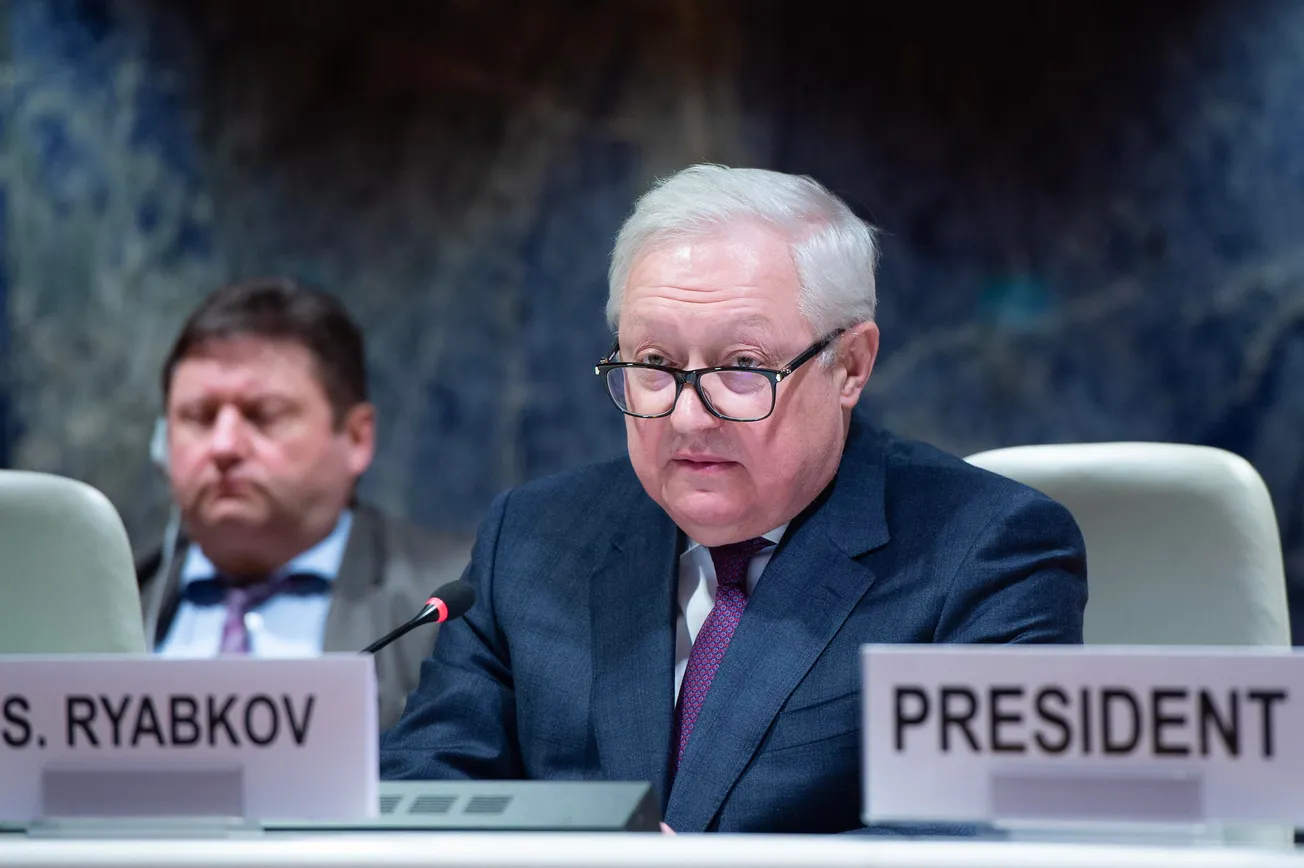Former Bangladesh Prime Minister Sheikh Hasina said that the U.S. was involved in the operations to unseat her, because of her refusal to let the U.S. have a military base in Bangladesh, India’s Economic Times reported Aug. 11 “I resigned so as not to see a procession of corpses. They wanted to come to power through the corpses of students, but I did not allow this. I resigned as prime minister. I could have remained in power if I had given up the sovereignty of the island of St. Martin and allowed America to control the Bay of Bengal.” It had earlier been reported that the U.S. had asked Bangladesh to lease an island in the Bay of Bengal to build an air force and naval base.
Hasina has not given up the fight. She did not formally resign as Prime Minister before fleeing the country, and therefore still holds the position in exile. The new Bangladesh authorities are threatening to try her in her absence, while the judiciary decided not to hold any of the leaders of the demonstrators responsible for any of the charges of riots and the subsequent destruction. The new interim government, in fact, includes two leaders of the student revolt.
The head of the caretaker government, Muhammad Yunus, who came back from Paris where he was receiving treatment, was a “darling” of the IMF/World Bank for his “microcredits” schemes, which was used as a cover for the World Bank and other international financial institutions to abandon major investment projects. He was requested to take this position not by the military, but by the students.The new government has said that they would treat all foreign powers “equally.” “We want to maintain good relations with everyone,” Bangladesh’s acting foreign minister said late last week, without indicating the caretaker government’s international priorities. “We need to maintain a balance in relations with big countries.”
The British media are certainly pleased as punch about Hasina’s forced departure, and about her interim replacement, Muhammad Yunus. On Aug. 10 The Economist waxed eloquent over how “his experience, popularity and international reputation offer new hope for a democratic future” for Bangladesh. “He has already helped them look to the future with a bit more hope.”
Financial Times noted that Yunus was “often mooted as the sage, seasoned technocrat that Bangladesh needed.” When the Hasina government pressed charges against Yunus for corruption in his banking practices, in January 2024, altogether “242 world figures including Barack Obama, Ban Ki-moon, and Orhan Pamuk signed a letter to Hasina urging a legal review. Analysts say Yunus’s international network could now be one of his greatest strengths as he seeks to stabilize a faltering economy.”




